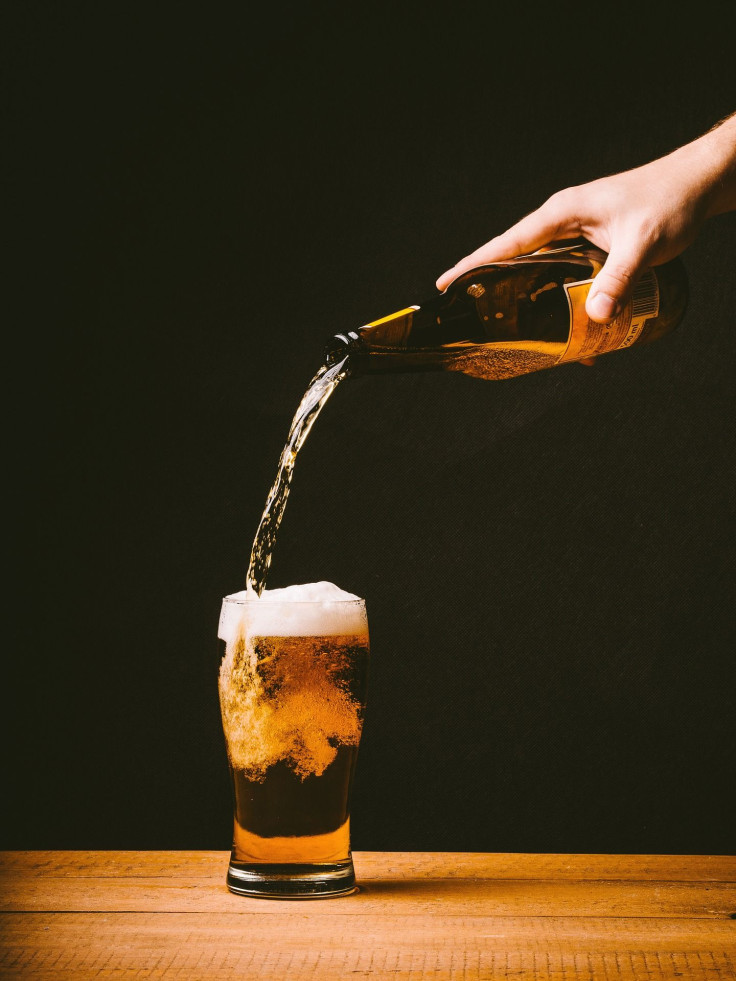Women's Bodies Likely To Suffer More Damage From Binge Drinking Than Men

Chronic liver disease is largely attributed to alcohol consumption in the United States, with binge drinking a major cause for liver injury. One in six adults binge drink four times a month, according to the Centres for Disease Control and Prevention.
Researchers from the University of Missouri School of Medicine have identified a higher sensitivity to alcohol and higher rate of alcoholic liver injury in female rats as compared to male rats in a recent study.
"Some chronic drinkers can drink for several years and still live relatively healthy lives," said Shivendra Shukla, PhD, Margaret Proctor Mulligan Professor of medical pharmacology and physiology, at the University of Missouri School of Medicine. "But many chronic drinkers are susceptible to liver damage when they binge drink. The liver is the metabolic powerhouse of the body and liver injury can compound damage to other organs. We studied the similarities and differences of gender-specific responses to repeat binge drinking. Our research showed just three binge drinking episodes triggered a response for more injury in the female rats."
In his experiment with just four female and four male rats, Shukla observed a statistical difference while giving each rat equal amounts of alcohol three times at 12-hour intervals. He then gathered and evaluated blood and liver tissues four hours after the final binge instalment.
His analysis uncovered a that female rats had twice the blood alcohol concentration than male ones. This ratio was not reflected in the damage experienced between females and males. Female rats had four times more fat build-up in the liver, a prompt for added inflammation and damage.
"There's a protein called diacylglycerol kinase-alpha (DGKa) that has been shown in other studies to promote tumor growth and cancer," Shukla said in a statement. "In our findings, this protein goes up 20 percent in male rats, but increases 95 percent in females. However, any role this protein plays in alcohol-induced breast cancer is unknown and remains to be investigated in the future."
Shukla noted that further studies in humans are crucial to comprehend probably differences in the consequences of binge drinking in females and males, as well as their respective metabolic causes.
"Unfortunately, alcohol has been glamorized," Shukla said. "It is dangerous. Don't binge drink. The research is very clear."
© Copyright IBTimes 2024. All rights reserved.





















